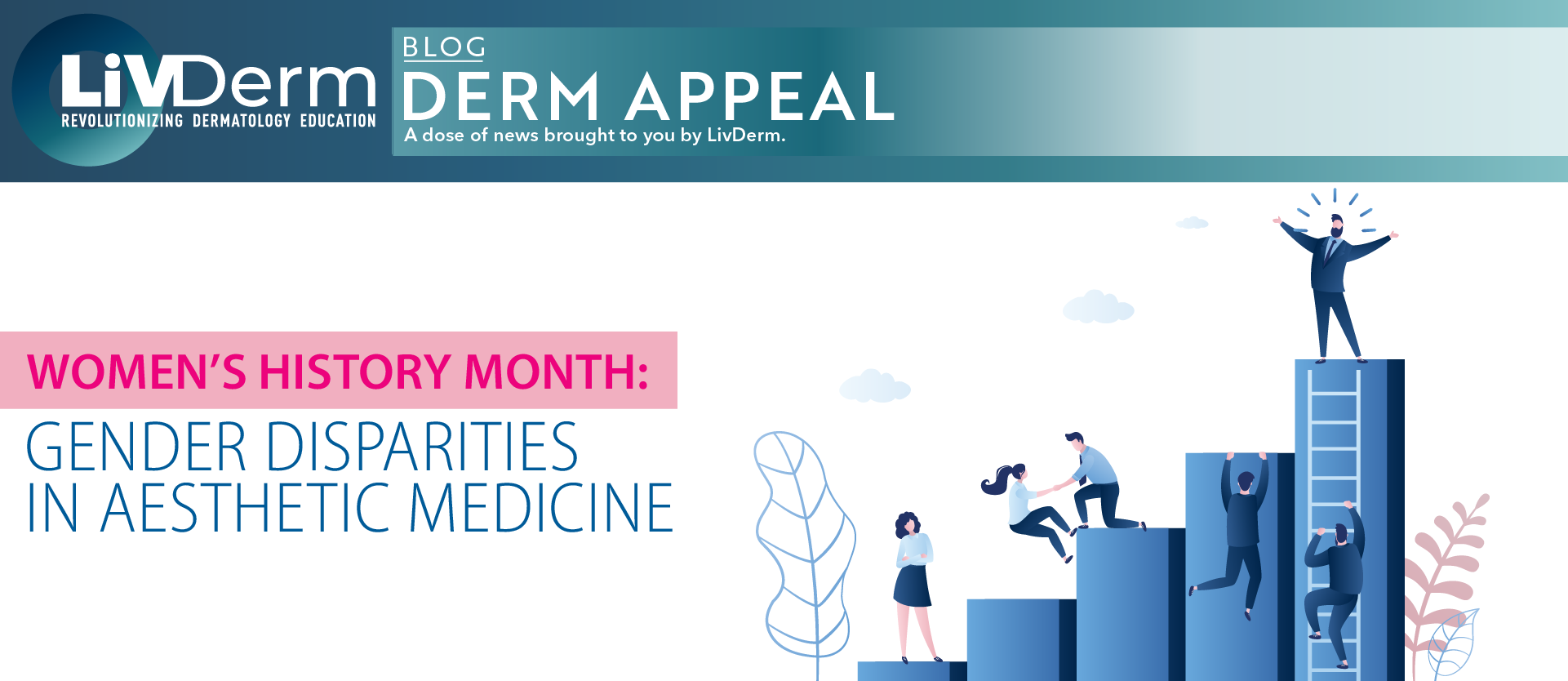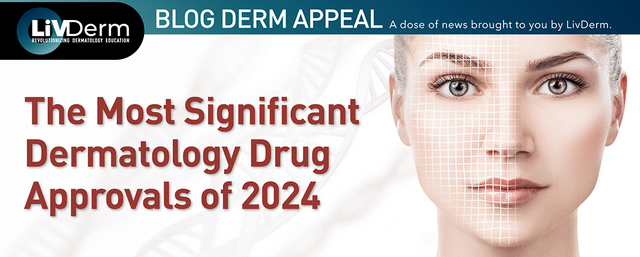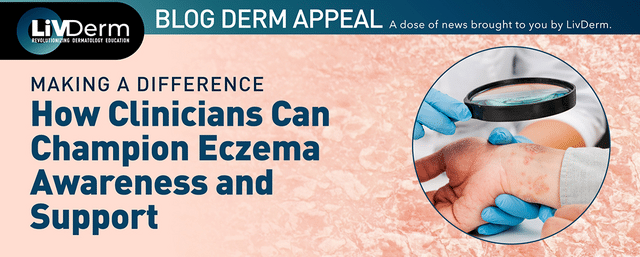Women in the field of medicine remain underrepresented and under-compensated with only one in four practicing physicians being female and prevailing pay gaps across specialties and nations. Yet today, women comprise approximately 50% of all medical students in the United States signaling a potential coming shift in the demographic composition of healthcare practitioners. While few specialities are immune to gender inequities, trends in aesthetic medicine reveal alarming disproportions; the lack of gender diversity is highlighted by 80% of practicing cosmetic surgeons being male.
At the same time, the aesthetic patient population is primarily female with 92% of total cosmetic procedures performed on female patients in 2018. The lack of male representation in the cosmetic patient base and female presence in the specialty underline the long road ahead toward gender equality in aesthetic medicine.
A Changing Landscape
A panel of women in the industry weighed in on the present state of gender equity and future of women in aesthetics as part of an article published in Modern Aesthetics, speaking on a variety of topics ranging from female representation to discrimination. Dr. Susan Weinkle, assistant clinical professor of dermatology at the University of South Florida, and Dr. Lynn Jeffers, chief medical officer at St. John’s Pleasant Valley Hospital, told the publication about the changes they have noticed in the field over the course of their careers.
Dr. Weinkle: “Things have changed by 180 degrees. When I started in dermatology in 1979, I think we were about five percent women, and now I think the classes are at least 50-50. The overall practice is not 50-50, because we still have to wait for my class to retire and the younger ones to come along.”
Dr. Jeffers: “When I was in training for plastic surgery, I could count on one hand the number of women plastic surgeons who had trained before me at my program. Since then, the number of women residents has greatly increased, and I think this trend will continue in the coming years as I see more women in residency programs across the country. Additionally, as the number of women plastic surgeons increases, more and more of us are in leadership.”
Gender Pay Gap
Panelists agreed that there has been a noticeable shift in the number of practicing female physicians yet compensation remains an issue; male specialists continue to make 33% more on average than female specialists for the same work and responsibilities. However, Dr. Kseniya Kobets, dermatologist at the Skin Laser & Surgery Specialists of NY and NJ reports that the gender pay gap may be closing more quickly in dermatology than in other specialties.
Dr. Kobets: “There has been a huge positive culture shift over the last several years since pay discrimination has become illegal, but there is obviously still a gap. (…) Women with children tend to give up work opportunities to be more present at home and thus make less. (…) Hopefully in dermatology, the gender pay gap is less, because we do have an opportunity to use this “lifestyle” profession to our benefit.
The business of dermatology is unique in the fact that in most practices, regardless of whether you are a female or male provider, you are given the same contract compensation terms (percentage of net collections) so the playing field is even. In fact, in the practices where I have worked, the female employees often made more money than the male providers because they were more likely to relate to the female perspective of beauty with regard to skincare, skincare products, and body image.”
Overcoming Sexism
Despite several positive trends in the practice, female physicians continue to face sex-specific barriers that challenge their career trajectories, work-life balance, and emotional wellbeing. Dr. Mary Lupo, clinical professor of dermatology at the Tulane University School of Medicine, recounts a lack of resources and laws prevented her from having maternity leave in the late 1970s, while other panelists reflect on sexism they had to endure over the course of their careers. Dr. Kobets and Dr. Mary Lynn Moran, assistant clinical professor at the department of otolaryngology at Vanderbilt University School of Medicine, shared their own experiences with Modern Aesthetics.
Dr. Kobets: “There have been times in my life and my career when I have been made to feel uncomfortable in situations where I should not have by someone who was my superior. Now with the #MeToo movement this should not happen to others. In my opinion, the #MeToo movement, especially those women who have had the courage to come forward and tell very personal details at considerable risk to their careers, has had a positive impact on the way people live their lives and treat others. If that same event happened to me today, I would have the confidence and personal strength to come forward, all thanks to the #MeToo movement.”
Dr. Moran: “There is definitely sexual harassment in our field, but it is far less prevalent than it was in the past. When I was coming up in my education and training, sexual harassment and objectification was normalized. Being one of so few women in my field, I didn’t want to stand out or seem weak by complaining to authorities. The way that it was seen is that you don’t ask to join an all-boys club and then complain that the boys are acting like boys. I either told the guy off, gave it back to him, or ignored it, even if it made me extremely uncomfortable. I would never tolerate that behavior toward any of the women coming up in my field now.”
For female physicians entering the workforce, the expert panelists encourage seeking out networking and mentorship opportunities while also building a strong support system of fellow female colleagues. On an institutional level, organizations and their leadership need to make gender equality in aesthetic medicine a top priority, implement policies tailored to supporting female practitioners, and offer lacking resources to assist women in pursuing careers in the industry.
















